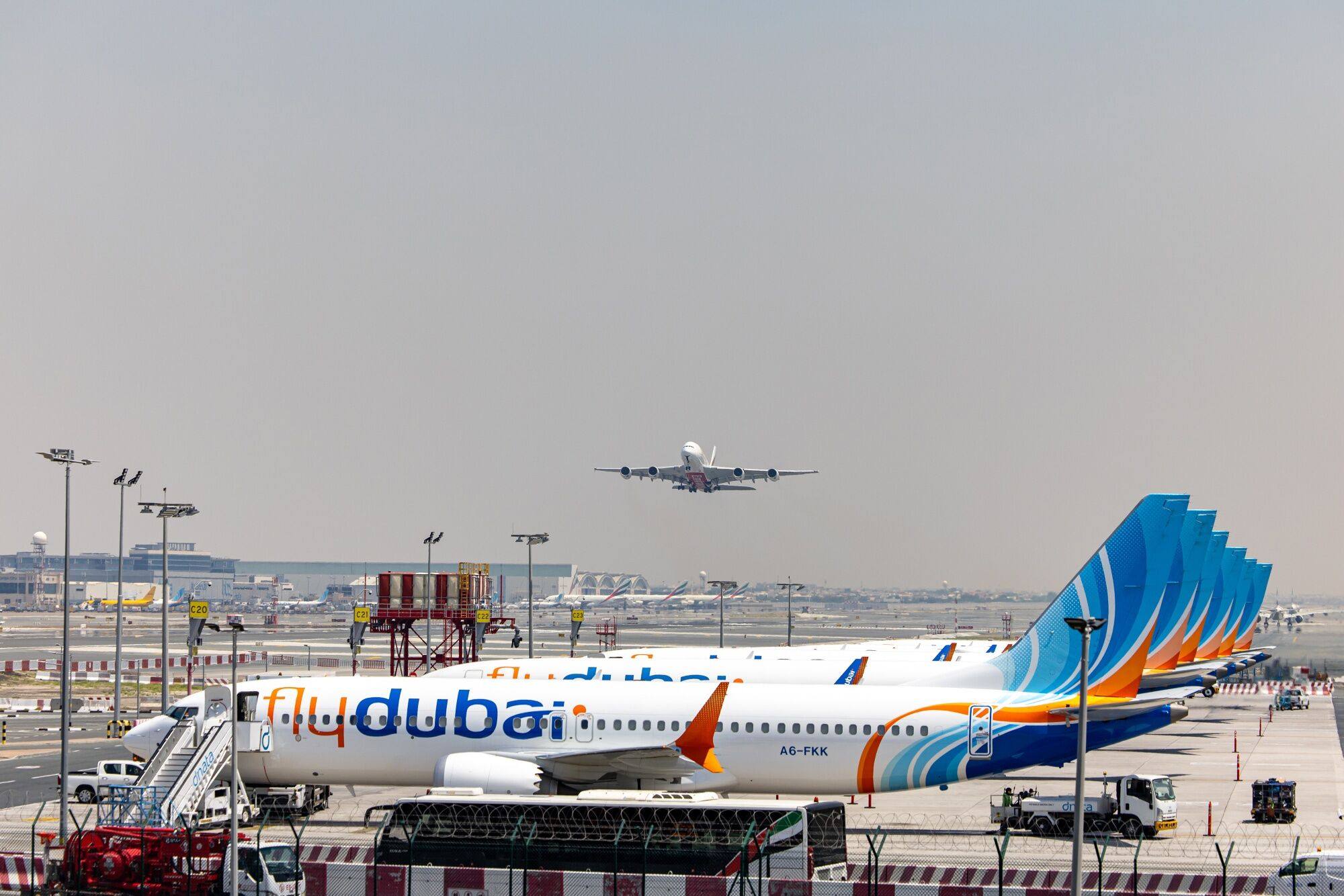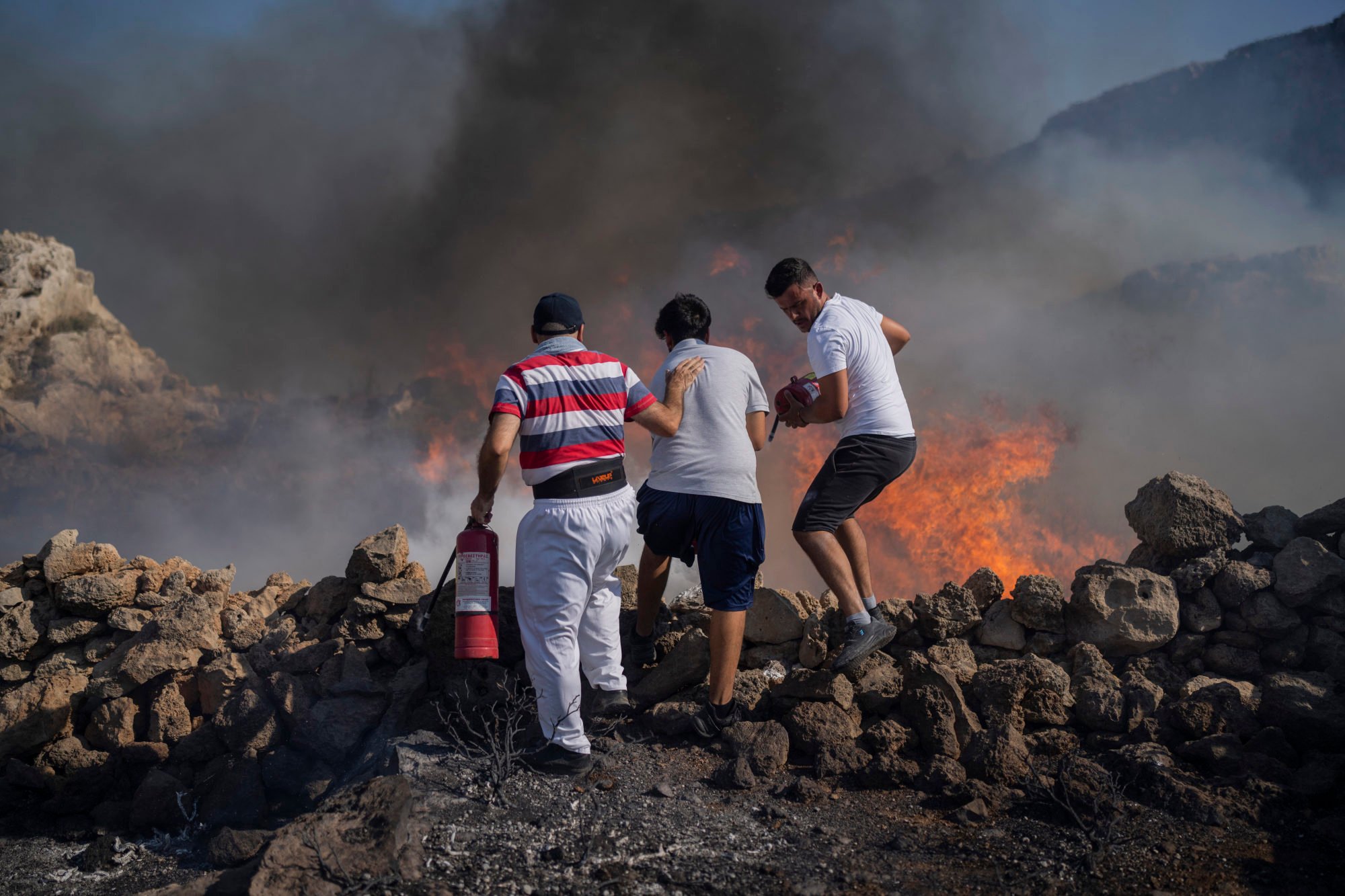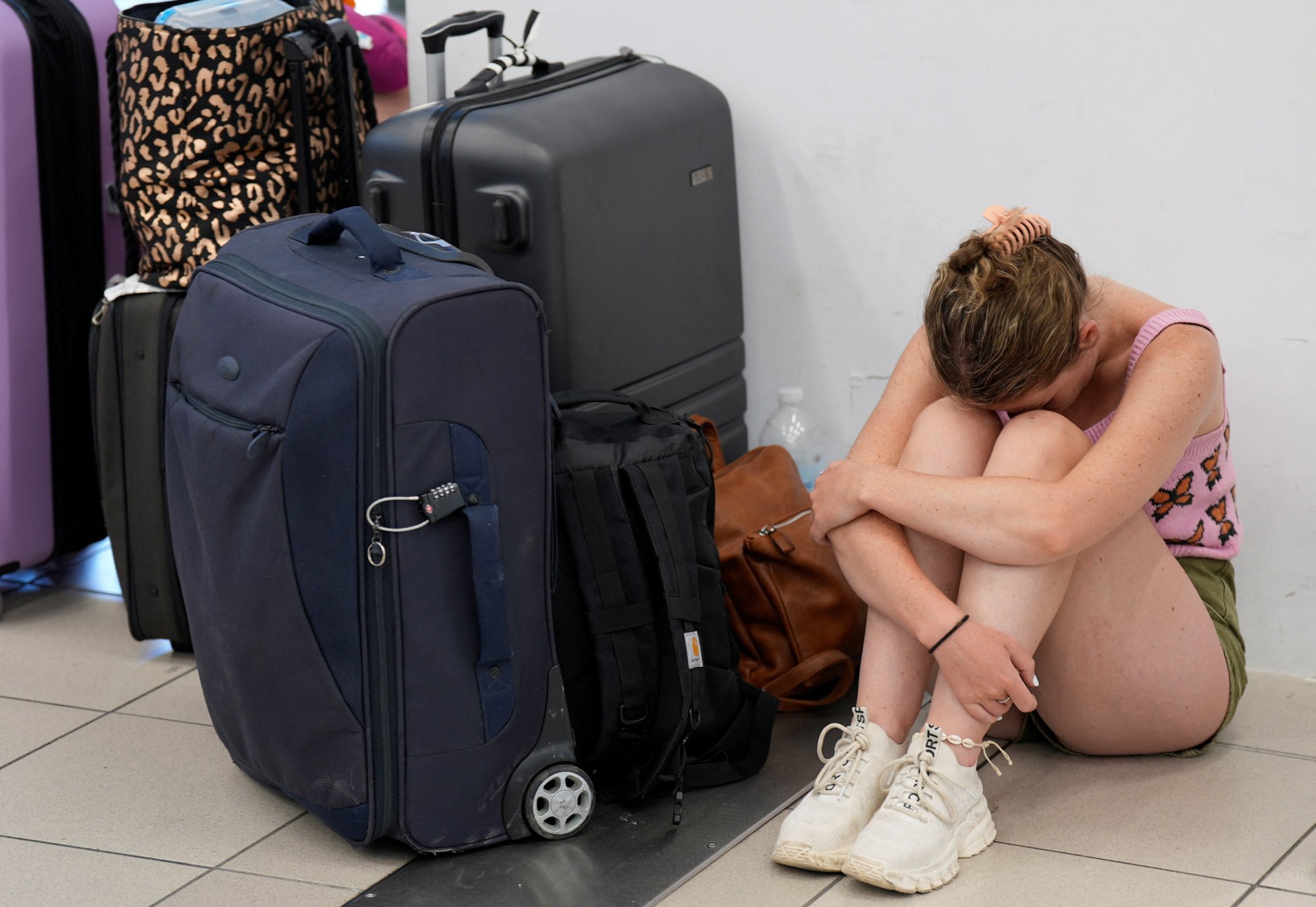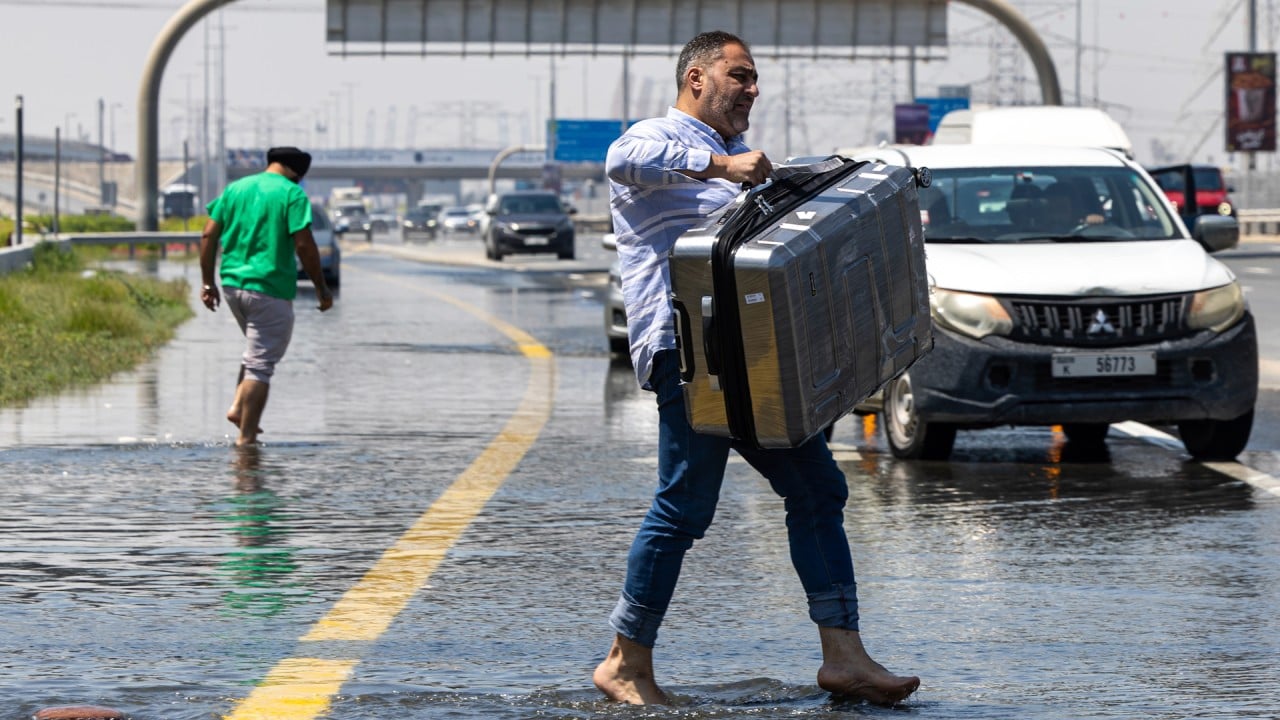Travel
Opinion | Why all travellers will pay a price for Dubai flights chaos after floods

Weather forecasters knew a major storm was heading for the United Arab Emirates and authorities advised citizens to stay at home.
As feared, the UAE’s largest city, Dubai, was brought to a standstill as the heaviest downpour since records began, in 1949, overwhelmed drainage systems and left the runways at Dubai International Airport (DXB) resembling fast-flowing rivers.
In one respect, this was the Mother of All Flight Disruptions, striking as it did the world’s busiest airport for international passenger traffic (87 million people passed through last year).
No money, no clean clothes, will have to get laundry service done at the hotel … trust me when I say I’m keeping the receipts!
On a clear day, DXB sees an average 238,000 passengers (by comparison, pre-pandemic, Hong Kong International Airport was near 195,890) on about 1,140 flights operated by 100 airlines.
Those numbers are attributable largely to the fact DXB operates as a hub for hometown airline Emirates and a connector for other carriers, with about 63 per cent of the globetrotters trudging its corridors seeing only the parts of the airport that exist between arrival gate and departure gate (although DXB is one of those airports from which it is possible to take a city tour during a lengthy enough layover).
Hubs are a fantastic idea when everything is working well, which is why so many airlines operate one, but when the s*** hits the fan, they are an Achilles’ heel for a functioning airline network, as last week demonstrated.

Things are being straightened out at DXB this week, but the dry progress reports published by airlines and media have been at odds with some of the personal accounts still trickling through on social media.
On April 20, Reuters reported that Dubai’s flagship carrier Emirates had “restored normal operations”.
President Tim Clark said Emirates had cancelled nearly 400 flights (of the total 1,478 to have click-clacked around to that dreaded word on departure boards) and delayed many more. The airline had also “provided 12,000 hotel rooms and 250,000 meal vouchers to customers who were affected”.
On the same day, Emirates’ sister airline announced, “flydubai has returned to operating its full flight schedule from Terminal 2 and Terminal 3 at Dubai International. Our focus over the coming days continues to be on our passengers whose travel plans have been impacted.”
On April 22, Emirates was still saying it needed “some more days” to get the last of the stranded passengers on their way.

That’s all well and good until you consider the implications for passengers of having to hang around while such a whopping backlog is cleared.
“So I was due to fly home on 19th April,” said an April 22 post on X (Twitter, as we all still know it). “@emirates have now said that the next flight we can get is 29th … 10 days after we were due to fly home – how is this allowed?
“No money, no clean clothes, will have to get laundry service done at the hotel … trust me when I say I’m keeping the receipts!”
And what of all the checked-in luggage of those transiting or departing passengers? Emirates says it has created a task force to help sort and deliver about 30,000 pieces of baggage left behind at the airport.
Travel insurance plans vary but it seems likely that most passengers caught up in the chaos at DXB will be out of pocket in one way or another.
As our climate unravels, “acts of god” – or force majeure events – such as runway-melting heat, plane-grounding snowfalls or gales, or, in the Gulf region, with its numerous well-frequented hubs, record-breaking deluges – will become increasingly common, and harder to predict.
Easier to foresee is that travel insurance will become more expensive and less comprehensive, changing the feasibility calculations for many travellers.
As the uncertainties increase, we will no doubt start to miss a luxury many of us take for granted: straightforward world travel.
On the plus side, climate calamities in flashy cities do at least give us TikTok videos such as that with the oh-so-of-its-era title, “Influencers trapped in Rolls-Royce in Dubai flooding”.

A ‘free’ holiday
Greece is confronting climate threats to its tourism industry by handing out freebies.
“In a decision tourism officials call a world first, up to 25,000 affected holidaymakers will […] be eligible for compensation.

“Under the programme, people who stayed in hotels [although not Airbnb accommodation] that were evacuated because of the July fires will be able to redeem e-vouchers worth up to €500 to cover the accommodation charges of a week-long stay.”
Perhaps to avoid a repeat performance – or maybe just because it is in the middle of peak season – July is not included in either of the two phases of the initiative.
Evacuees who are not too traumatised by their experience last summer may return clutching their e-voucher between now and May 31, or October 1 and November 15.











